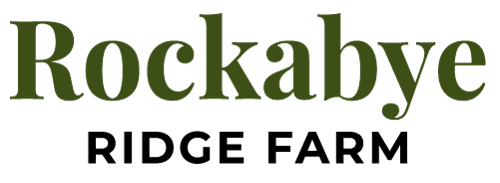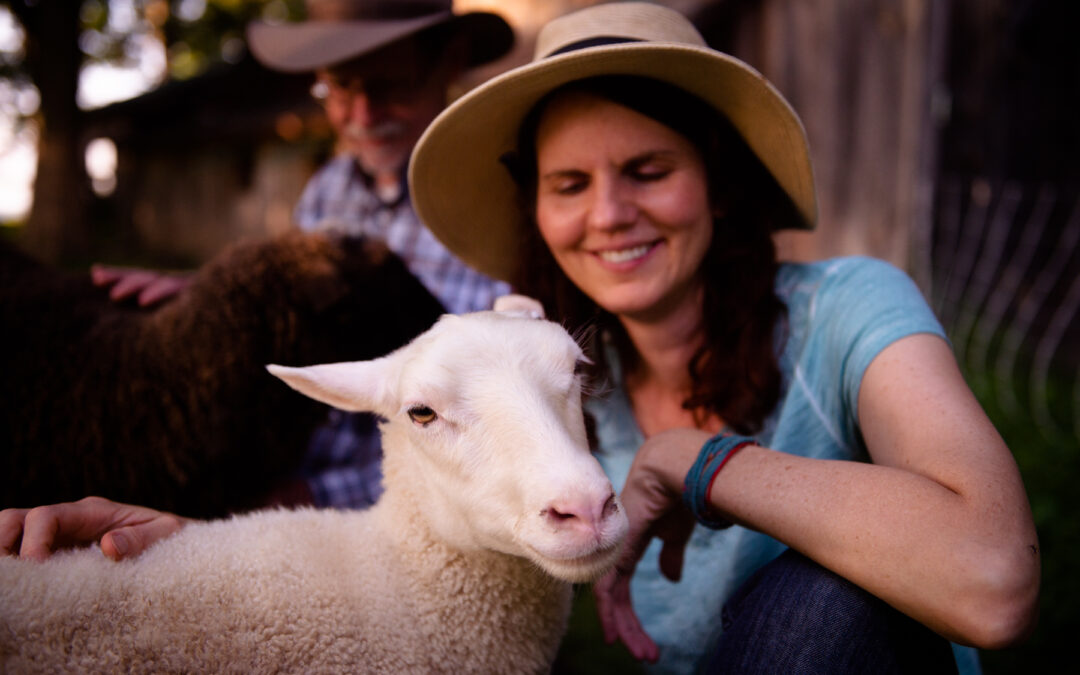When news reported rising infections and lockdowns tightened, we needed places of refuge to weather the squalls. I found solace in our barn, a place that seemed able to hold the enormity of emotion. My daily commute consisted of a worn path and traffic congestion was reinterpreted as ‘chickens underfoot’. As the pandemic inched into winter, my interactions shrank to a small flock of sheep and hens. My pace slowed and the rhythm of chores became a vigil. There was no place to go, and in the simplicity of staying put, I began to see more.
On early mornings in the barn, I saw sun stream through the boards, suspending hay dust in a sparkling light. When I sat on a milk a crate, the sheep jockeyed for a position to be petted first. The flock became confidants, able to ruminate on much of the news I could not bear. I came to rely on their warmth to thaw my hands and their lanolin to heal from the frequent sanitizer. As they rolled their cuds, they seemed to discuss pasture like sommeliers, pairing clover stems with timothy. Even as snow hid their grass, they gazed through the window with a trusting nod towards spring.
In the coop, beaks would bob and chatter, like a middle school auditorium. The hens were more interested in kitchen scraps, then hearing about world troubles. Yet they did their part, like essential workers, providing eggs to keep me sequestered from the grocery aisles. Ironically, they began hiding them with premeditated precision, as if they had decided I needed a novel distraction. I imagined them sitting up at night, under the timed light, scratching out intricate plans with their curved toes in the wood shavings. When I made an omelet, I noticed their eggs’ subtle shift to a paler yellow, their winter hue. Yet the sun still shone through the yolk, a promise of more light to come.
Perhaps other farmers experience a knowing that we’re part of something bigger, a mystery that gets us into boots on cold mornings, into a rhythm that can feel like a song. The high notes of a new lamb attached to a teat and waving her tail, and the low notes of chipping icy ground for a winter grave. The cadence of chores, connecting us to those who need us and bringing a reliable beat to the days. In the depth of winter, the song came together when a seed catalogue arrived while ground was still frozen. I needed to hum this as the winds pushed snow against the door and news of more deaths rattled the roof.
The lives breathing inside the barn so often eased the swirl of sorrow, and connected me to those who’d come through other pandemics, wars, and Depressions. I imagined some ancestors inhaling the same aromas of hay, sensing a lighter season wrapped in the bales. Perhaps they too slowed their pace, spoke to their livestock and soothed cracked hands on woolly backs. They may have sat in the loft, dreaming of crickets landing on fescue and bees flicking their wings in summer rain. The barn may have been their place of solace too. I hope it may have even been yours. A place to try and make sense of the insensible, a place where the unspeakable could be said.
Photo Credit: Sara Tro Photography

